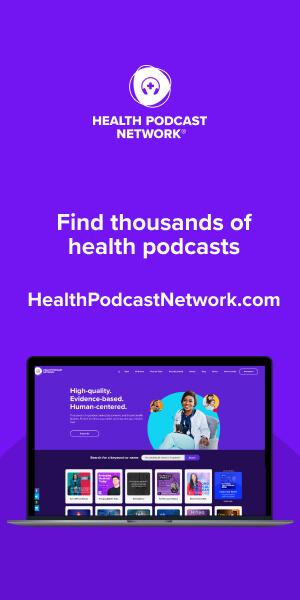Philadelphia, PA ~ I had the opportunity to attend the Digital Health for Pharma conference, held across the street from UPenn’s beautiful campus in Philadelphia. Between sessions, I caught up with James Musick, PhD, a leader in pharma whose focus is on digital health.
James is a Neuroscientist turned pharma executive, who leads digital health efforts for UCB Biopharma as Head of Neurology Patient Technology. I asked James to share his thoughts about innovation and digital health, including the challenges and opportunities that innovators should consider when preparing to work with pharma companies.
Jason: What brought you to Digital Health?
James: Ironically, in a way, I was waiting for digital health to come to me. Meaning, I was originally a scientist working in a neuroscience lab. The type of neuroscience I did involve hardware and software. I was building hardware to record data from neurons, and writing code and software to analyze that data, and then use it for healthcare research. When I left school, I went to Silicon Valley, I was looking for a job. Most of the jobs at that time were in tech. I joined a tech company for a few years and realized that healthcare was really where I belonged. I then joined Genentech, and after stints at various companies such as leading the Digital Medicines Commercial team at Novartis, I landed at UCB Biopharma. In my current role as a VP and Head of Neurology Patient Technology, I connect innovations in health technology and the digital health ecosystem for potential partnerships and strategic opportunities.
“Balancing your desire for understanding something deeply and having data, versus being able to explain it in a simple way, is something I think innovators need to work on.”
~ James Musick, PhD
Jason: What digital technologies do you see will change healthcare?
James: The area that gives me a lot of energy is how you’re fundamentally able to measure things in new ways, and able to create new types of measurements. Historically, you must have a clinician looking at something and measuring it. You have all kinds of challenges there. You have a lot of variability and subjectivity. On one hand, you can use digital technology to more accurately measure things, which gives you more accurate data. On the other hand, you’re able to send people home with something that now could measure it in a different environment.
Without the nervousness or pressure of being in a physician’s office, it could capture rare events. Between the more potentially precise measurements as well as the more constant measurements, you have a lot more data to work on. In parallel, you have the advent of advanced analytics, which you can analyze that data. Before if you had more data, it wouldn’t necessarily be helpful until advanced analytics came into the picture.
Jason: What sort of challenges do you face when trying to integrate new and innovative digital health technologies within UCB?
James: I don’t think any challenges are unique to UCB, I’ve seen them in my past experiences at Genentech, Novartis, Roche, UCB and consulted for quite a few others. I would say that these challenges are consistent and are:
- Many pieces of the puzzle must be ready at the same time for the stuff to work. For example, the technology can be completely ready, but consumer adoption is lagging
- The burden of evidence needed for us to adopt the technologies and the answer, it’s not black and white
Building off the first challenge, in the case of digital therapeutic companies where a doctor wants the product, the patient wants the product, the product is ready, but there is no way to bill for it, or there is no way to prescribe it. There is also infrastructure, environmental, and regulatory challenges.
Jason: What do you think digital health innovators could do more of?
James: There are two things I see that innovators could focus more on. I, myself, am guilty of not taking my own advice at times. They are:
- More hard evidence, more data
- Simplifying things that people understand
If you’ve been working in digital health for ten years, it seems simple to understand some of the nuances between a digital therapeutic versus medical device, or software as a medical device versus other regulatory pathways. But for anyone who hasn’t been doing this for the past five or ten years, it’s just too much. Trying to think of ways to simplify the focus areas or simplify the message so that the organization can start to understand more effectively is important. Balancing your desire for understanding something deeply and having data, versus being able to explain it in a simple way, is something I think innovators need to work on.
Jason: If I gave you a $5 million check for you to invest in health technology today, what would you invest in?
James:
- Companies focused on data liquidity
- Areas of clinical decision support (CDS)
Data liquidity, which is the ability of data to flow throughout the healthcare system easily and securely, and be easily accessible, is in dire need for innovation. There are a lot of facets to that. It’s anything from companies that help with consumer protection so that a consumer could get their data and resell it to companies that help with the infrastructure.
I think the full consumer solution angle is tough, and still, there’s still quite a lot of work there. Maybe their turn is not as near and I think, some of the things in clinical trials are absolutely needed, but $5 million is just not enough to make a dent.





